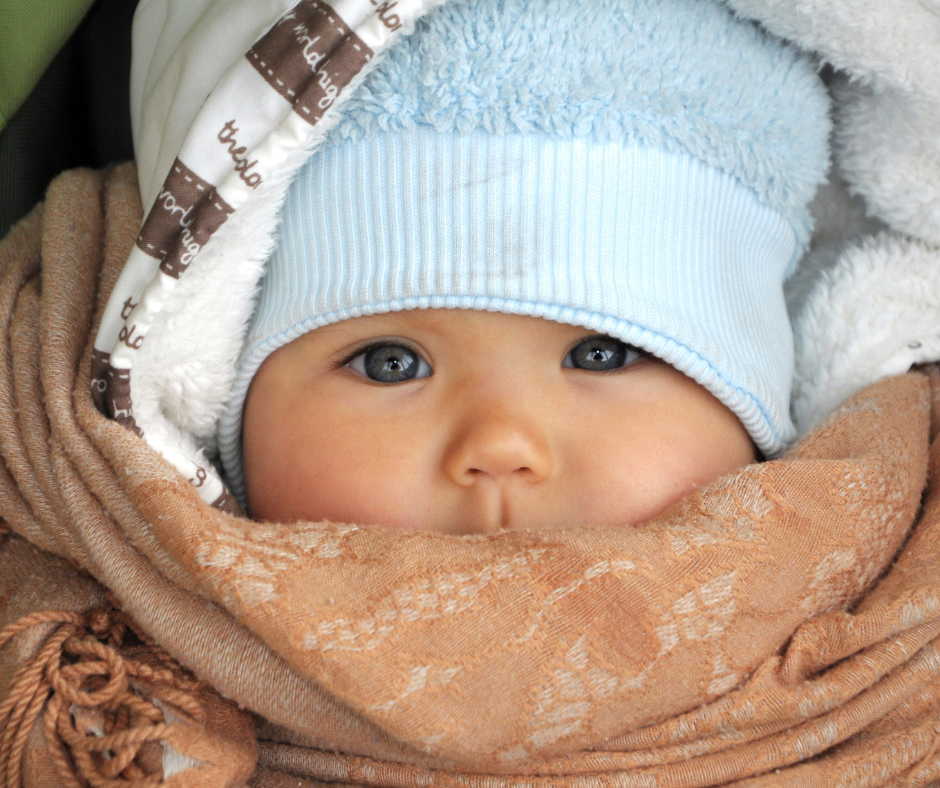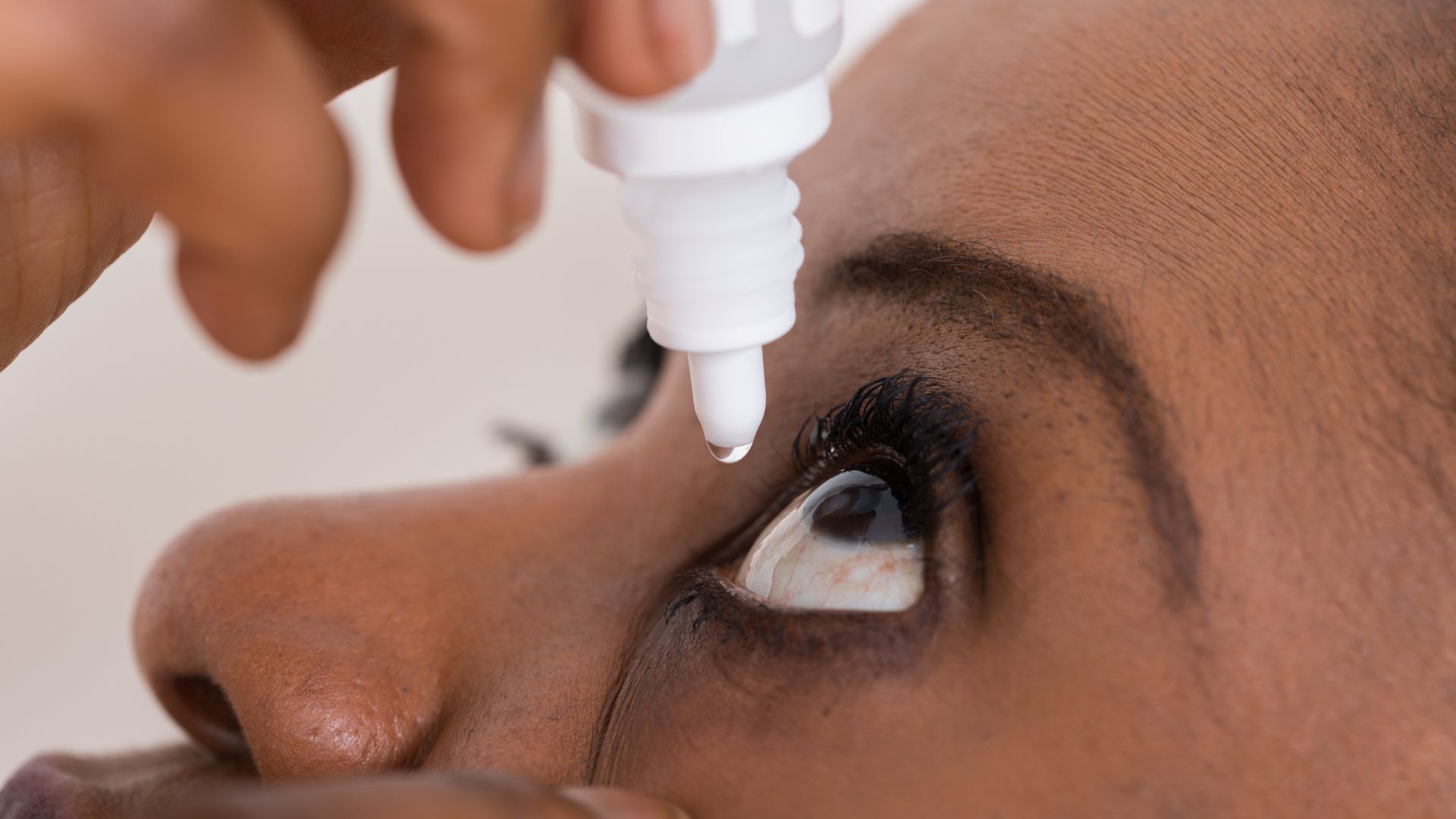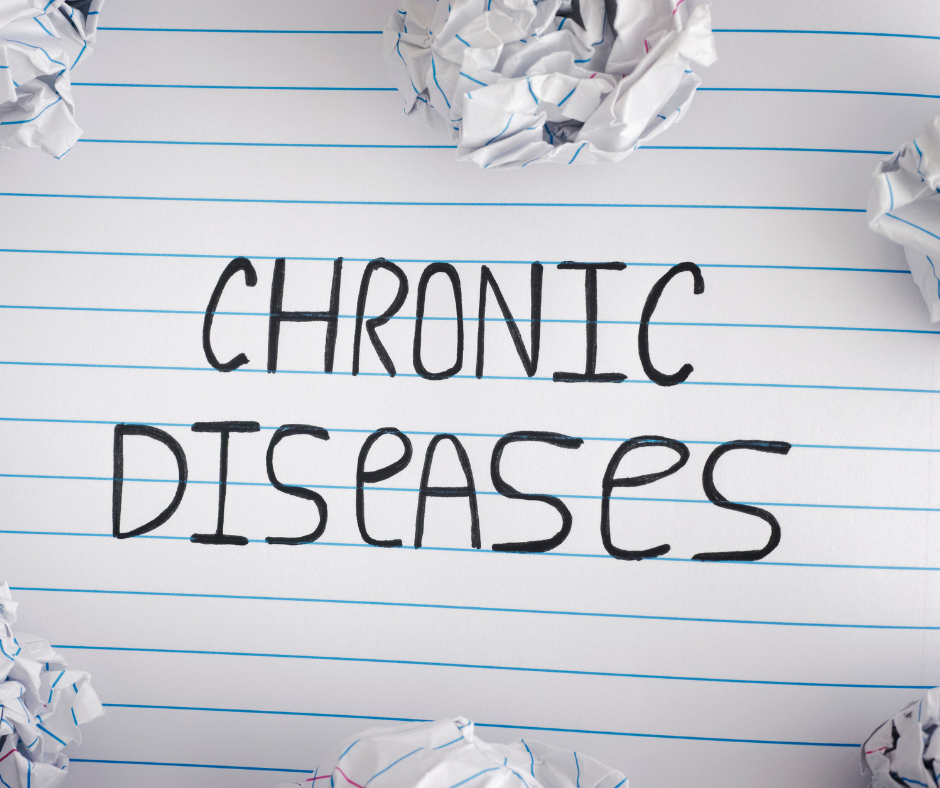Familial Cold Autoinflammatory Syndrome (FCAS), also known as familial cold urticaria, is a rare genetic disorder characterized by episodes of rash, fever, joint pain, and fatigue triggered by exposure to cold temperatures. It is the mildest form of cryopyrin-associated periodic syndromes (CAPS), a group of autoinflammatory disorders caused by mutations in the NLRP3 gene.
Cryopyrin-associated periodic syndromes (CAPS) are a group of rare, inherited autoinflammatory disorders caused by mutations in the NLRP3 gene, leading to excessive production of interleukin-1β (IL-1β), a protein that plays a key role in the inflammatory response.
Cryopyrin-associated periodic syndromes (CAPS) encompasses three main conditions:
- Familial Cold Autoinflammatory Syndrome (FCAS)
- Muckle-Wells Syndrome (MWS)
- Neonatal-Onset Multisystem Inflammatory Disease (NOMID)/Chronic Infantile Neurological, Cutaneous, and Articular Syndrome (CINCA)
These conditions share common features such as recurrent episodes of fever, rash, joint pain, and systemic inflammation, but vary in severity and specific symptoms.









